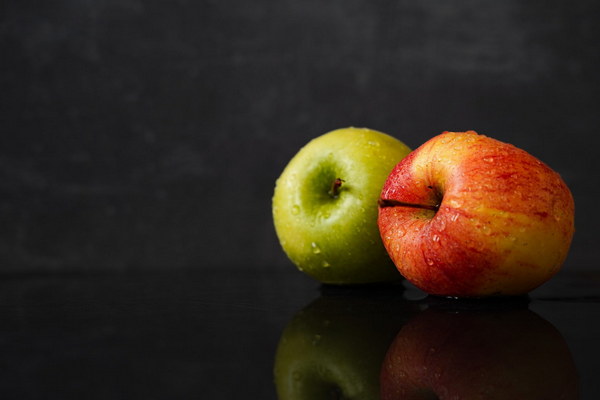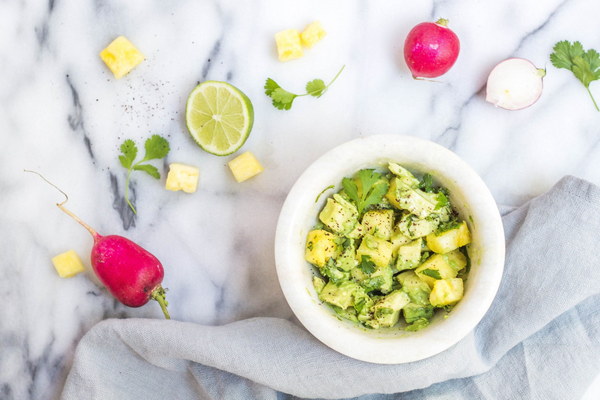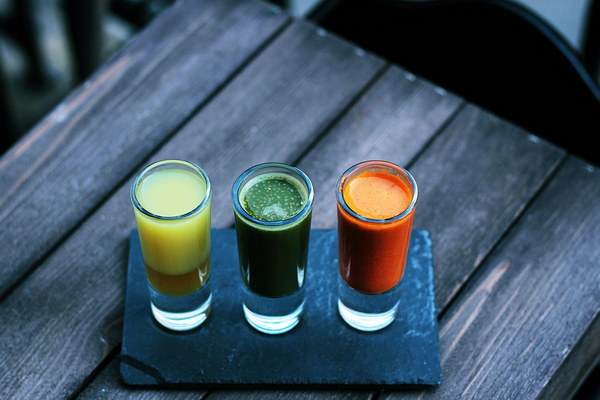Which is Better for Dampness Relief lotus Seed or Euryale Seed
In the world of traditional Chinese medicine, both lotus seed and euryale seed have been used for their health benefits, especially in addressing dampness-related conditions. But which one is more effective in dampness relief? Let’s delve into the differences and similarities between lotus seed and euryale seed to find out.

Lotus seed, also known as Lianzi in Chinese, is derived from the seeds of the lotus plant. It is a versatile herb that has been used for centuries in Chinese medicine to nourish the heart, calm the mind, and relieve dampness. On the other hand, euryale seed, or Xianren in Chinese, is obtained from the seeds of the euryale plant, which is also known for its medicinal properties.
Both lotus seed and euryale seed are considered to be cooling in nature and are often used to treat dampness-related issues such as edema, diarrhea, and fatigue. However, there are some differences in their properties and uses that can help us determine which one is more effective in dampness relief.
Firstly, lotus seed is known for its ability to nourish the heart and calm the mind. It is often used in cases of palpitations, anxiety, and irritability, which are symptoms of heart palpitations. In contrast, euryale seed is more potent in addressing dampness-related issues such as edema and damp-heat. It can help to clear damp-heat and improve urination, which makes it more suitable for dampness-related conditions.
Secondly, the cooling properties of both lotus seed and euryale seed can help to alleviate the symptoms of dampness. However, lotus seed is slightly more cooling than euryale seed. This means that lotus seed may be more effective in cases where the dampness is accompanied by heat symptoms, such as fever, irritability, and redness of the tongue. In such cases, lotus seed can help to clear the heat and relieve the dampness simultaneously.
Another factor to consider is the taste and flavor of these two seeds. Lotus seed has a sweet and bland taste, which makes it suitable for use in a variety of recipes and teas. In contrast, euryale seed has a slightly bitter and pungent taste, which may not be as palatable for some individuals. However, this taste can also contribute to its effectiveness in addressing dampness-related issues.
In conclusion, while both lotus seed and euryale seed have their own unique properties and uses, it seems that euryale seed may be more effective in dampness relief. This is due to its potent cooling properties and ability to address damp-heat conditions, which are common in dampness-related issues. However, the choice between the two ultimately depends on the specific symptoms and individual health conditions.
When using either of these seeds for dampness relief, it is important to consult with a qualified healthcare professional or a traditional Chinese medicine practitioner. They can provide personalized advice and guidance on the appropriate dosage and usage of these herbs.
In summary, while lotus seed and euryale seed both have their own merits in dampness relief, euryale seed appears to be more potent in addressing damp-heat conditions. As with any herbal treatment, it is crucial to seek professional advice to ensure the safe and effective use of these herbs.









